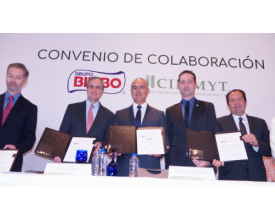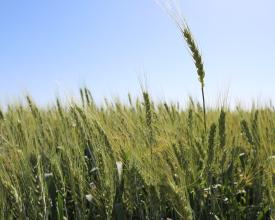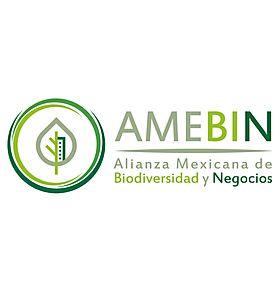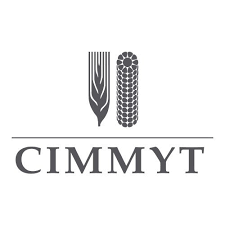
Promote sustainable agricultural production and responsible supply of wheat and corn in Mexico.
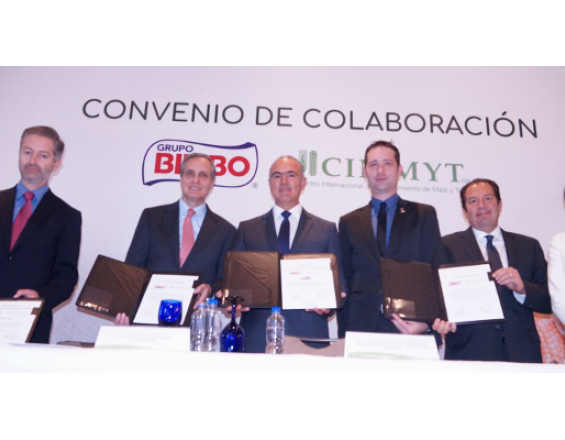
Grupo Bimbo is a leading Mexican company in the bakery industry worldwide. It is present in 33 countries in 4 continents and has annual sales of 15 billion dollars. Corn is one of the company's most important raw materials.
Care for the environment is a priority for Grupo Bimbo and to guide the processes in its supply chain in a sustainable manner, it has created different Global Policies focused on agriculture and risk inputs. The sourcing of sustainable and responsible raw materials is one of the main focuses of these policies. For this reason, with the support of the International Maize and Wheat Improvement Center (CIMMYT), the project "Sustainable Agriculture" was created, which since 2017 supports its corn suppliers in the implementation of good agricultural practices to reduce the environmental impact and improve the quality of the corn produced.
Contexte
Défis à relever
- We noticed that the language used during the presentation of the project to the farmers, in certain cases, was not the most appropriate for the participants, which required further presentations.
- During the methodological application of activity recording and evaluation (e.g. filling out electronic logs) it took more time than estimated.
- We were not able to attract all farmers.
- During the implementation of the practices developed by CIMMyT, it was identified that there was a greater demand for machinery to meet the needs of farmers. Also, machinery costs are high and this made it difficult for farmers to acquire machinery with their own resources. This has improved with the introduction of new machinery in the region and mechanisms to organize the use of existing equipment.
Emplacement
Traiter
Résumé du processus
- A fundamental element for interaction was the creation of alliances, thanks to which we were able to create the courses for farmers and the "Sustainable Agriculture Policies" adapted and audited for the project.
- Another important element was the implementation of awareness, training and communication campaigns with farmers, which allowed us to apply the "Sustainable Agriculture Policies" with an evaluation based on indicators and good practices.
Blocs de construction
Implementation of incentives based on "Sustainability Levels".
With support from the International Maize and Wheat Improvement Center (CIMMYT) to motivate improvement in the application of good agricultural practices.
Facteurs favorables
- Interest in and ease of capacity building
- Inspiration to adopt good agricultural practices
- Producer-driven and easy-to-implement content
Leçon apprise
- The topics should be attractive and practical for the farmer, i.e. they should be able to implement them as soon as possible so that they do not lose interest.
- Farmers are eager to learn; interest makes projects move faster.
- Ensure effective communication to farmers about the intrinsic benefits of sustainable agriculture and the potential savings in implementing these best practices.
Creation of awareness, training and communication campaigns with farmers.
With support from the International Maize and Wheat Improvement Center (CIMMYT), courses were designed to enable farmers to gain new knowledge in sustainable practices and achieve the required levels of sustainability.
Facteurs favorables
- The alliance made with farmers in the Mezquital Valley who were already engaged in sustainable practices was an example for the new members of the Bimbo program, as they served as a kind of "ambassadors" of the initiative. This positive influence motivated more farmers to participate.
- Working with a technical partner, such as CIMMYT, to design appropriate training for farmers.
Leçon apprise
- The topics should be attractive and practical for the farmer, i.e. they should be able to implement them as soon as possible so as not to lose interest.
- Farmers are eager to learn.
- Interest makes projects move faster.
- Ensure effective communication to farmers about the intrinsic benefits of sustainable agriculture and the potential savings in implementing these best practices.
Implementation of Sustainable Agriculture Policies with an evaluation based on indicators and good practices.
With the help of CIMMYT, we were able to identify good agricultural practices in the region and promote their greater use to increase farmer productivity and the sustainable use of resources in the field.
Facteurs favorables
- Understand the priorities of the farmers and then seek solutions that meet their needs, explaining the benefits in detail.
- Follow-up and support the implementation of new practices.
- During policy development, communication and dialogue between the technical side and the company was very important to create a useful and sustainable product.
Leçon apprise
- The way in which new practices are explained is key for farmers to decide to accept them, for example, demonstrating that products with low environmental impact are more sustainable and generate greater benefits for them.
- Once they have incorporated these practices, farmers should be accompanied to consolidate the learning process.
Creation of alliances between CIMMYT, farmers, suppliers and experts.
From the beginning, collaboration was one of the pillars of the project; an example of this was the alliance with CIMMYT, whose objective is to technically accompany farmers for three years in the implementation of sustainable agriculture policies.
Similarly, collaboration with one of our corn flour suppliers in Mexico, who was actively involved in the project, was essential for the successful implementation of training and best practices.
Facteurs favorables
- Having an open mind as a company to go against the narrative that "Being sustainable is not profitable". Innovation and research helped us to demonstrate that the opposite is true.
- That producers have the certainty that their products can continue to be marketed and that this process will be done in a fair manner.
- To have a technical-evaluating ally so that the project is useful, efficient and replicable.
Leçon apprise
- The alliance with CIMMYT for the implementation of the sustainable agriculture policy was essential to speed up the process and ensure the success of the project.
- The importance of defining roles and responsibilities between Bimbo and CIMMYT.
- Defining the scopes from the beginning with those involved so as not to generate false expectations and to ensure that the collaborations are "win-win" for all parties involved.
Impacts
- Water consumption for irrigation was reduced by 6%.
- In alliance with CIMMYT, 18 best practices were identified to implement in crops. Each farmer was able to implement at least 2 of the 4 axes: Water [5], Soil [6], Air [1] and Agrochemicals [6] (the number in brackets refers to the number of best practices achieved in each axis).
- Of the 1,465 hectares monitored, 691 achieved Sustainability Level I or II. This is relevant because Grupo Bimbo gives preference for the purchase of corn to producers who achieved these levels of sustainability.
- 136 producers improved their practices.
- Greater collaboration and cohesion was achieved among farmers, thanks to the training given during the seven Sustainable Agriculture events.
- Producers' profits increased by 6.8%.
- Crop yield (specific weight of corn) increased by 16.6%.
- Improvements in the corn flour supplier's product.
- These improvements generate economic savings for those involved and have a positive impact on reducing water use and CO2 emissions.
Bénéficiaires
- Improved soil in the Mezquital Valley, Hidalgo, with an increase in macrofauna compared to the control tests.
- Farmers, Supplier, Grupo Bimbo.
- 136 farmers
- Work in intervened areas, not encouraging the use of land under protection.
Objectifs de développement durable
Histoire
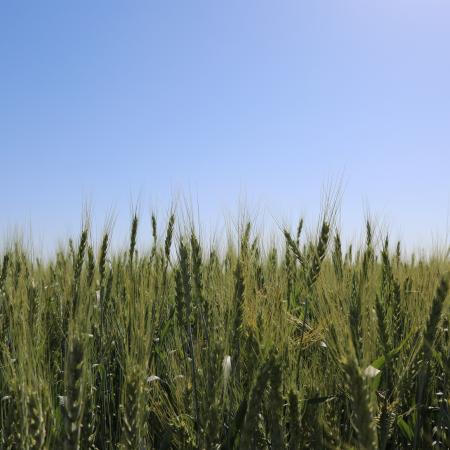
- This project is aligned with one of our beliefs "We transcend and endure: being a force for good for society and the planet" by promoting environmental, economic and social recovery and adaptation with transparent and sustainable agricultural systems through supply chain mapping and collaborative work with our suppliers.
This project particularly recognizes the importance of smallholder farmers in global agricultural supply chains.

